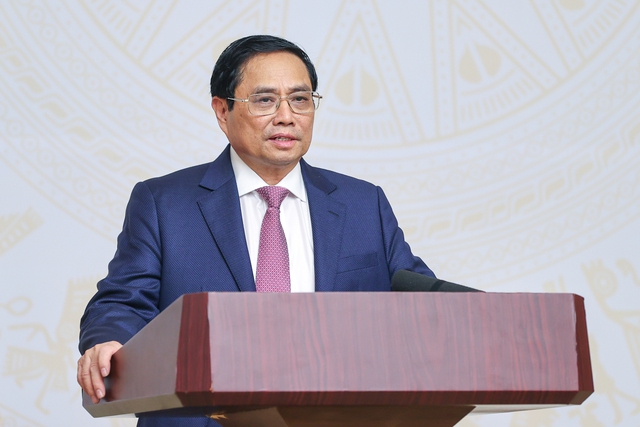HANOI -- Inflation pressure is rising in Vietnam from uncertainty over energy prices and the war in Ukraine, but authorities will keep prices in check and pursue flexible, prudent monetary policy throughout next year, its prime minister said on Thursday.
The government will maintain macroeconomic stability this year and manage inflation, while keeping it under 4.5% next year and targeting 6.5% gross domestic product growth, Pham Minh Chinh told legislators on Thursday.
He said 2023 would bring more challenges than advantages for Vietnam's economy and local markets would face risks.
"We will continue to pursue a prudent and flexible monetary policy to ensure macro-economic stability in 2023," he told the National Assembly in the opening of its new session.
"The tasks for us for the rest of this year and for 2023 are challenging, and the government expects support from the entire nation to rise to them."
Regional manufacturing hub Vietnam has seen its economy rebound strongly from the pandemic, with gross domestic product in the third quarter growing 13.67% from a year earlier.
But like most of its regional neighbours it has seen challenges with inflation and depreciation of its currency VND, which hit fresh record lows against the dollar in recent days, having lost 7% this year.
The central bank on Monday widened its exchange rate trading band to 5.0% from 3.0% in a move to allow the dong to devalue.
Last month, the central bank raised its policy rates by 100 basis points, in a rare monetary tightening move aimed at keeping inflation under 4% this year.
Consumer prices in September rose 4.01% from the end of last year, slightly higher than a government target of 4.0% for the year.
















































